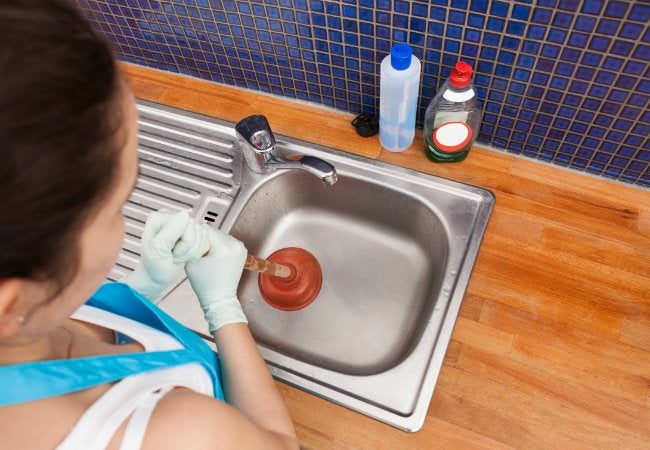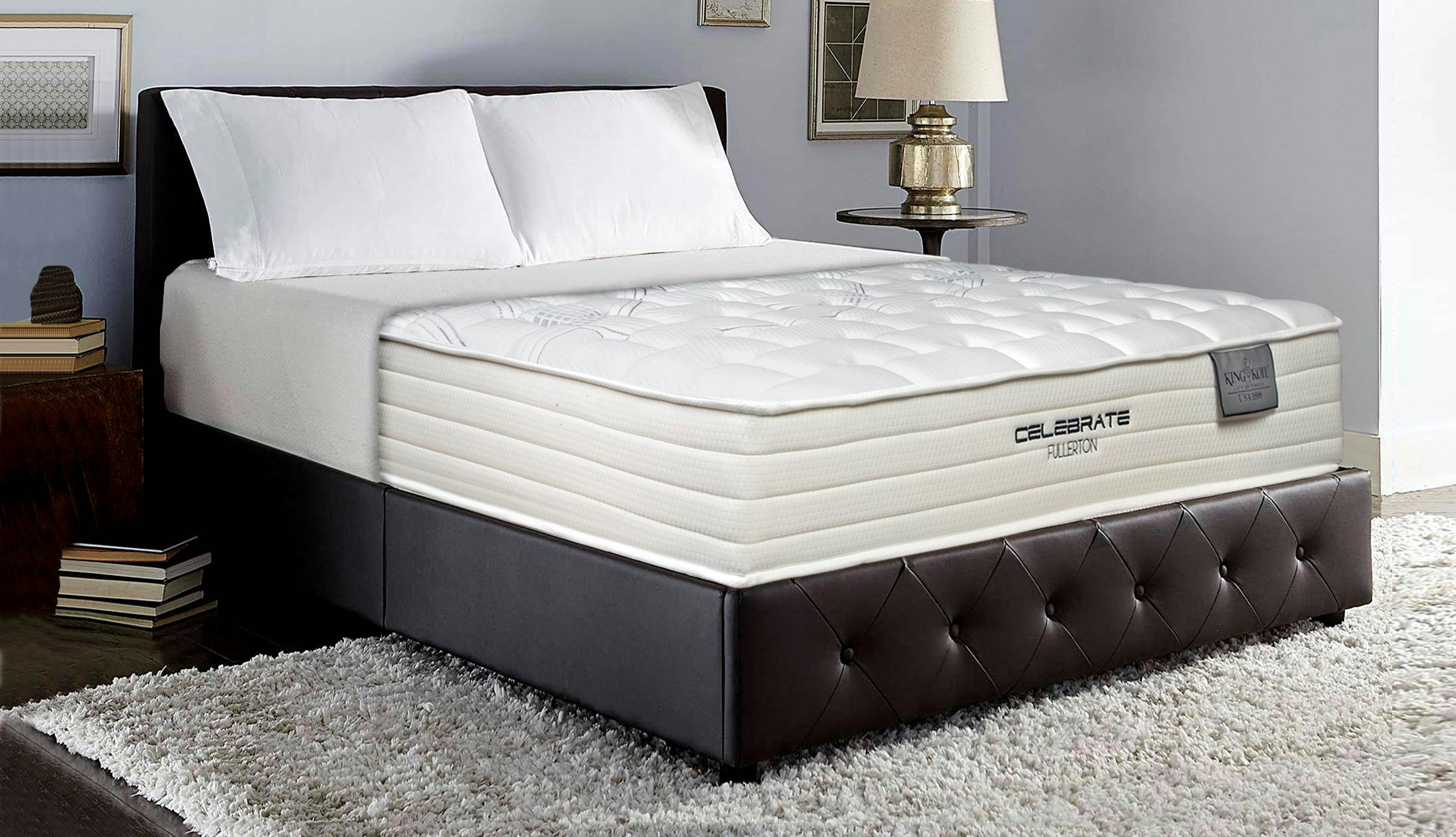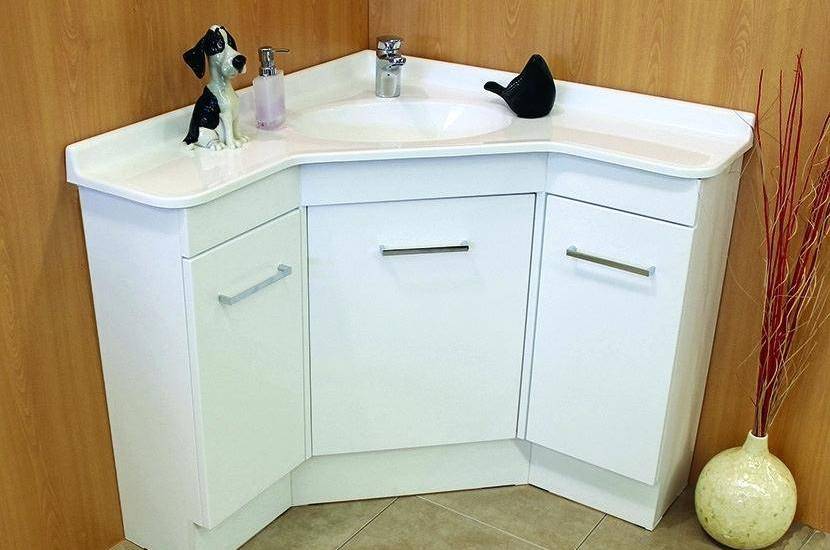If you've ever experienced a slow-draining kitchen sink, you know how frustrating it can be. Not only does it take forever for the water to go down, but it can also lead to unpleasant odors and potential clogs. But before you call a plumber, there are a few simple steps you can take to fix the problem yourself. First, try using a plunger to clear any blockages in the drain. Place the plunger over the drain and push down firmly, then pull up quickly. Repeat this motion a few times to create suction and hopefully dislodge the clog. If this doesn't work, you may need to try a different method. Another option is to use a plumbing snake, also known as a drain auger. This tool can reach deep into the drain and break up any stubborn clogs. Insert the snake into the drain and twist it to maneuver around any obstacles. Once you feel the obstruction, twist and pull the snake to remove it. If neither of these methods works, you may need to remove the drain trap and clean it out manually. This is a bit more involved, so if you're not confident in your plumbing skills, it's best to call a professional. But if you're up for the challenge, start by placing a bucket underneath the trap to catch any water that may spill out. Then, use a wrench to loosen the fittings and remove the trap. Clean out any debris or buildup and reattach the trap. By following these steps, you should be able to fix a slow-draining kitchen sink and avoid the need for a costly plumber.How to Fix a Slow-Draining Kitchen Sink
A clogged kitchen sink is a common household problem that can quickly become a major inconvenience. But before you panic and call a plumber, try these simple solutions to unclog your sink. If you have a garbage disposal, start by turning it on and running water down the drain. This can help break up any small clogs or blockages. You can also try pouring hot water down the drain to help loosen any buildup. If these methods don't work, you can try using a plunger or plumbing snake as mentioned in the previous section. If you don't have these tools on hand, you can also try using a mixture of baking soda and vinegar to unclog the drain. Pour half a cup of baking soda down the drain, followed by half a cup of vinegar. Let it sit for a few minutes, then pour hot water down the drain to flush out the mixture. If the clog is still persistent, you may need to remove the drain trap and clean it out manually. Again, if you're not comfortable doing this yourself, it's best to call a professional. Regularly maintaining your kitchen sink can also help prevent clogs from occurring in the first place. Avoid putting grease, coffee grounds, and other food scraps down the drain, and use a drain strainer to catch any debris before it goes down the drain.How to Unclog a Kitchen Sink
One common issue that may occur with your kitchen sink is bubbling or gurgling noises coming from the drain. This can be caused by a variety of factors, including clogs, damaged pipes, or even issues with your plumbing vent system. If the bubbling is accompanied by a slow-draining sink, it is likely due to a clog in the drain. Follow the steps outlined in the first section to unclog the sink and eliminate the bubbling. If the bubbling is happening when you run water in another part of your house, such as a toilet or shower, it could be a sign of a clogged plumbing vent. This vent allows air to escape from your pipes and helps maintain proper pressure for water to flow freely. If it becomes clogged, air can't escape and may cause bubbling or gurgling noises. In this case, it's best to call a professional plumber to properly diagnose and fix the issue. In some cases, bubbling or gurgling can also be caused by damaged or improperly installed pipes. If you suspect this is the issue, it's important to have a plumber inspect and repair the problem to prevent further damage.Why is My Kitchen Sink Bubbling?
If you've tried all of the previous methods and your kitchen sink is still clogged, it may be time to try a more powerful solution. Chemical drain cleaners can be effective in breaking up stubborn clogs, but they can also be harsh on your pipes and harmful to the environment. An alternative solution is to use a mixture of baking soda and vinegar, as mentioned earlier. This natural combination can help break down clogs without causing damage to your pipes. If this still doesn't work, you may need to call a plumber to use professional-grade tools to clear the clog. Preventing clogs in the first place is the best solution, so make sure to properly dispose of food scraps and regularly clean your drain to avoid buildup and potential clogs.How to Clear a Clogged Kitchen Sink Drain
Slow-draining kitchen sinks can be caused by a variety of factors, and it's important to identify the source of the problem in order to fix it effectively. Here are five common causes of a slow-draining kitchen sink: 1. Clogs: The most common cause of a slow-draining kitchen sink is a clog in the drain. This can be caused by food scraps, grease, hair, or other debris that builds up over time. 2. Damaged pipes: If your pipes are old or damaged, they may have cracks or breaks that can cause slow drainage. This can also lead to leaks and other issues, so it's important to have them inspected and repaired by a professional plumber. 3. Improperly installed pipes: If your pipes were not installed correctly, they may not be able to handle the flow of water properly, leading to slow drainage. 4. Hard water deposits: Hard water contains minerals that can build up in your pipes and cause blockages over time. A water softener can help prevent this issue. 5. Plumbing vent issues: As mentioned earlier, clogs or damage to your plumbing vent can cause slow drainage, as well as bubbling or gurgling noises.5 Common Causes of a Slow-Draining Kitchen Sink
As mentioned before, a mixture of baking soda and vinegar can be an effective and natural way to unclog your kitchen sink. Here's how to use this method: 1. Pour half a cup of baking soda down the drain. 2. Follow it with half a cup of vinegar. 3. Let the mixture sit for a few minutes. 4. Pour hot water down the drain to flush out the mixture and any debris. If the clog is still persistent, you may need to use a plunger or plumbing snake, or call a professional plumber for assistance.How to Use Baking Soda and Vinegar to Unclog a Kitchen Sink
The best way to deal with a clogged kitchen sink is to prevent it from happening in the first place. Here are a few tips to help prevent clogs: 1. Use a drain strainer: This can help catch any food scraps or debris before they go down the drain. 2. Properly dispose of food scraps: Avoid putting grease, coffee grounds, and other food scraps down the drain, as these can lead to clogs over time. 3. Clean your drain regularly: Pour hot water down the drain regularly to help prevent buildup and keep it clean. 4. Use a natural drain cleaner: Instead of harsh chemical cleaners, use a mixture of baking soda and vinegar to help break down any buildup in your drain.How to Prevent Kitchen Sink Clogs
There are a few reasons why your kitchen sink may be draining slowly, and it's important to identify the cause in order to fix the issue. Here are a few potential reasons for slow drainage: 1. Clogs: The most common cause of slow drainage is a clog in the drain. This can be caused by a buildup of food scraps, grease, or other debris. 2. Damaged pipes: If your pipes are old or damaged, they may have cracks or breaks that can cause slow drainage. 3. Hard water deposits: Hard water can leave mineral deposits in your pipes, which can cause blockages over time. 4. Plumbing vent issues: If your plumbing vent is clogged or damaged, it can lead to slow drainage and other issues. If you're unable to fix the problem yourself, it's best to call a professional plumber to properly diagnose and repair the issue.Why is My Kitchen Sink Draining Slowly?
If your kitchen sink is making gurgling noises, it could be a sign of a clogged plumbing vent. Here's how to fix it: 1. Locate the plumbing vent on your roof: This is typically a small pipe sticking out from your roof. 2. Use a plumbing snake to clear any obstructions: Insert the snake into the vent pipe and twist it to remove any clogs or debris. 3. Pour hot water down the drain: This can help clear out any remaining buildup or debris. If the gurgling persists, it's best to call a professional plumber to properly diagnose and fix the issue.How to Fix a Gurgling Kitchen Sink
If you have a plunger on hand, it can be an effective tool for unclogging your kitchen sink. Here's how to use it: 1. Fill the sink with a few inches of water: This will create a seal for the plunger to work effectively. 2. Place the plunger over the drain: Make sure it covers the entire drain and creates a tight seal. 3. Push down and pull up quickly: This motion will create suction and hopefully dislodge the clog. 4. Repeat a few times: If the clog doesn't loosen after a few attempts, you may need to try a different method or call a professional plumber. By following these tips, you should be able to fix and prevent common kitchen sink issues, from slow drainage to clogs and bubbling. Regular maintenance and proper disposal of food scraps can help keep your kitchen sink running smoothly and avoid the need for costly repairs. If you're still unable to fix the issue yourself, don't hesitate to call a professional plumber for assistance.How to Use a Plunger to Unclog a Kitchen Sink
The Importance of Proper Drainage in Kitchen Design
/how-to-install-a-sink-drain-2718789-hero-b5b99f72b5a24bb2ae8364e60539cece.jpg)
Why Kitchen Sink Bubbles and Drains Slow
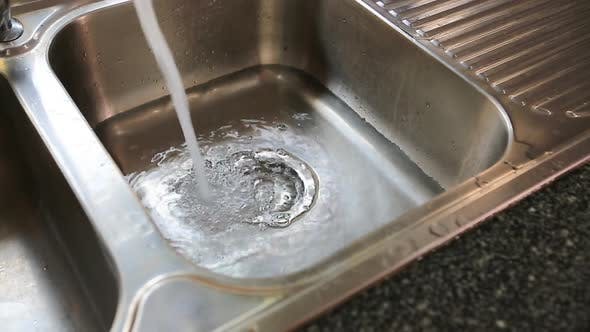 When it comes to designing a kitchen, many homeowners focus on aesthetics and functionality, but one crucial aspect that often gets overlooked is proper drainage. A common issue that homeowners face is a kitchen sink that bubbles and drains slow. This can be frustrating and inconvenient, but it's also a sign of a bigger problem that needs to be addressed.
Kitchen sink bubbles and slow draining are often caused by clogs or build-up in the pipes.
Over time, food particles, grease, and soap scum can accumulate in the pipes, causing them to become clogged and affecting the flow of water. This build-up can also lead to foul odors and potential health hazards.
Improperly installed or damaged plumbing can also be the culprit behind kitchen sink bubbles and slow draining.
Poorly designed or outdated plumbing systems can cause water to flow back into the sink, creating air bubbles. Additionally, if there are cracks or leaks in the pipes, this can also lead to slow draining as the water is not able to flow freely.
When it comes to designing a kitchen, many homeowners focus on aesthetics and functionality, but one crucial aspect that often gets overlooked is proper drainage. A common issue that homeowners face is a kitchen sink that bubbles and drains slow. This can be frustrating and inconvenient, but it's also a sign of a bigger problem that needs to be addressed.
Kitchen sink bubbles and slow draining are often caused by clogs or build-up in the pipes.
Over time, food particles, grease, and soap scum can accumulate in the pipes, causing them to become clogged and affecting the flow of water. This build-up can also lead to foul odors and potential health hazards.
Improperly installed or damaged plumbing can also be the culprit behind kitchen sink bubbles and slow draining.
Poorly designed or outdated plumbing systems can cause water to flow back into the sink, creating air bubbles. Additionally, if there are cracks or leaks in the pipes, this can also lead to slow draining as the water is not able to flow freely.
How Proper Drainage Can Improve Your Kitchen Design
:max_bytes(150000):strip_icc()/how-to-install-a-sink-drain-2718789-hero-24e898006ed94c9593a2a268b57989a3.jpg) Having a properly functioning drainage system is essential for maintaining a healthy and functional kitchen. Not only does it prevent unpleasant odors and potential health hazards, but it also helps to keep your sink and countertops clean and hygienic.
Proper drainage can also help to prevent water damage in your kitchen.
If water is not draining properly, it can lead to leaks and moisture buildup, which can cause damage to your cabinets, floors, and walls. This can result in costly repairs and renovations, and even pose a safety risk.
Moreover,
proper drainage is crucial for efficient kitchen workflow.
A sink that drains slowly can cause delays in meal preparation and cleanup, making cooking and hosting guests a frustrating experience. With proper drainage, you can save time and effort in keeping your kitchen clean and organized.
Having a properly functioning drainage system is essential for maintaining a healthy and functional kitchen. Not only does it prevent unpleasant odors and potential health hazards, but it also helps to keep your sink and countertops clean and hygienic.
Proper drainage can also help to prevent water damage in your kitchen.
If water is not draining properly, it can lead to leaks and moisture buildup, which can cause damage to your cabinets, floors, and walls. This can result in costly repairs and renovations, and even pose a safety risk.
Moreover,
proper drainage is crucial for efficient kitchen workflow.
A sink that drains slowly can cause delays in meal preparation and cleanup, making cooking and hosting guests a frustrating experience. With proper drainage, you can save time and effort in keeping your kitchen clean and organized.
How to Improve Drainage in Your Kitchen
 If you're experiencing kitchen sink bubbles and slow draining, there are a few things you can do to improve the drainage in your kitchen. First,
regularly clean your sink and pipes to prevent build-up and clogs.
You can use a mixture of vinegar and baking soda or a commercial drain cleaner to remove any debris. It's also important to
properly dispose of food scraps and avoid pouring grease down the drain.
If your drainage issues persist, it may be a sign of more significant problems with your plumbing. In this case, it's best to
consult a professional plumber to assess and fix the issue.
They can identify any underlying problems and make the necessary repairs to ensure proper drainage in your kitchen.
In conclusion, proper drainage is a crucial aspect of kitchen design that should not be overlooked. By addressing issues such as kitchen sink bubbles and slow draining, you can not only improve the functionality and hygiene of your kitchen but also prevent potential damage and save time and effort in your daily tasks. So, make sure to prioritize proper drainage when designing or renovating your kitchen for a truly functional and beautiful space.
If you're experiencing kitchen sink bubbles and slow draining, there are a few things you can do to improve the drainage in your kitchen. First,
regularly clean your sink and pipes to prevent build-up and clogs.
You can use a mixture of vinegar and baking soda or a commercial drain cleaner to remove any debris. It's also important to
properly dispose of food scraps and avoid pouring grease down the drain.
If your drainage issues persist, it may be a sign of more significant problems with your plumbing. In this case, it's best to
consult a professional plumber to assess and fix the issue.
They can identify any underlying problems and make the necessary repairs to ensure proper drainage in your kitchen.
In conclusion, proper drainage is a crucial aspect of kitchen design that should not be overlooked. By addressing issues such as kitchen sink bubbles and slow draining, you can not only improve the functionality and hygiene of your kitchen but also prevent potential damage and save time and effort in your daily tasks. So, make sure to prioritize proper drainage when designing or renovating your kitchen for a truly functional and beautiful space.












/plumber-unclogging-kitchen-sink-169270382-5797a9355f9b58461f27f024.jpg)





/how-to-unclog-a-kitchen-sink-2718799_sketch_FINAL-8c5caa805a69493ab22dfb537c72a1b7.png)









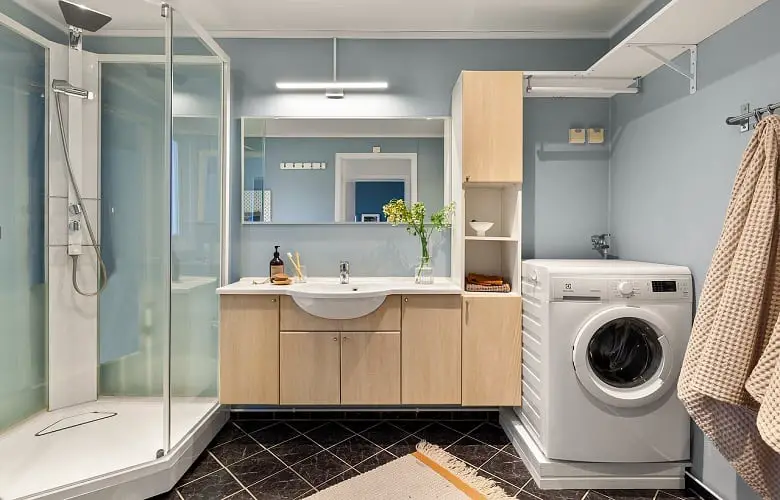

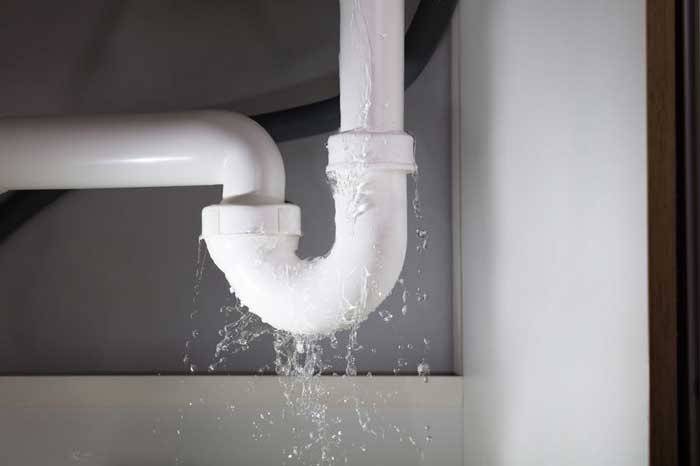

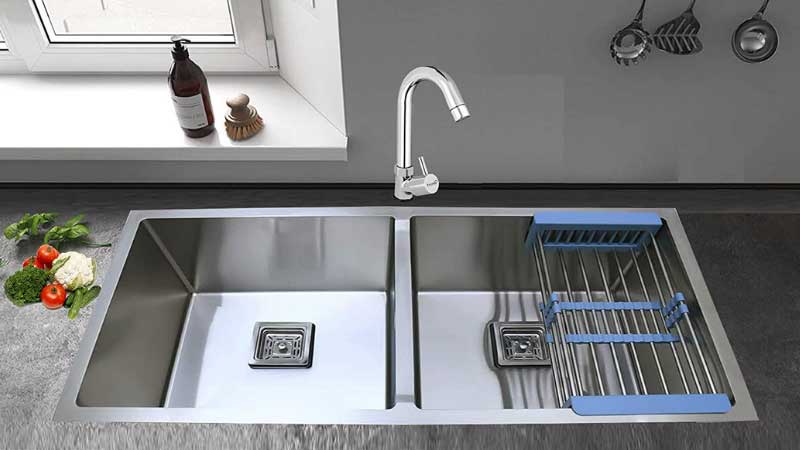
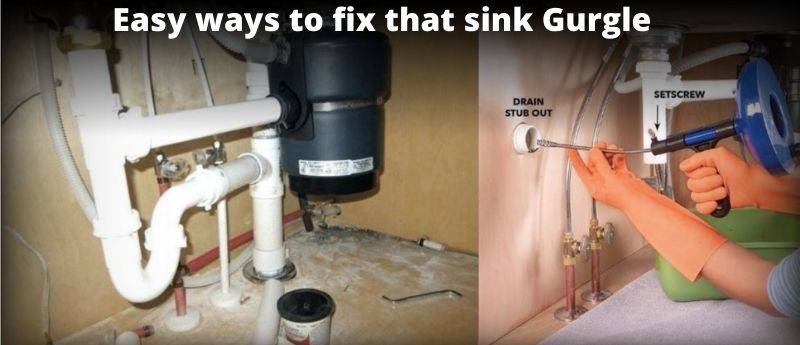

:max_bytes(150000):strip_icc()/why-does-my-kitchen-sink-smell-like-sewage-4707719_01-2030e27351fe4c6c9e1d94145dbbe30a.jpg)







:max_bytes(150000):strip_icc()/freshen-and-unclog-drain-with-baking-soda-1900466-22-bbf940b70afa4d5abef0c54da23b1d3f.jpg)




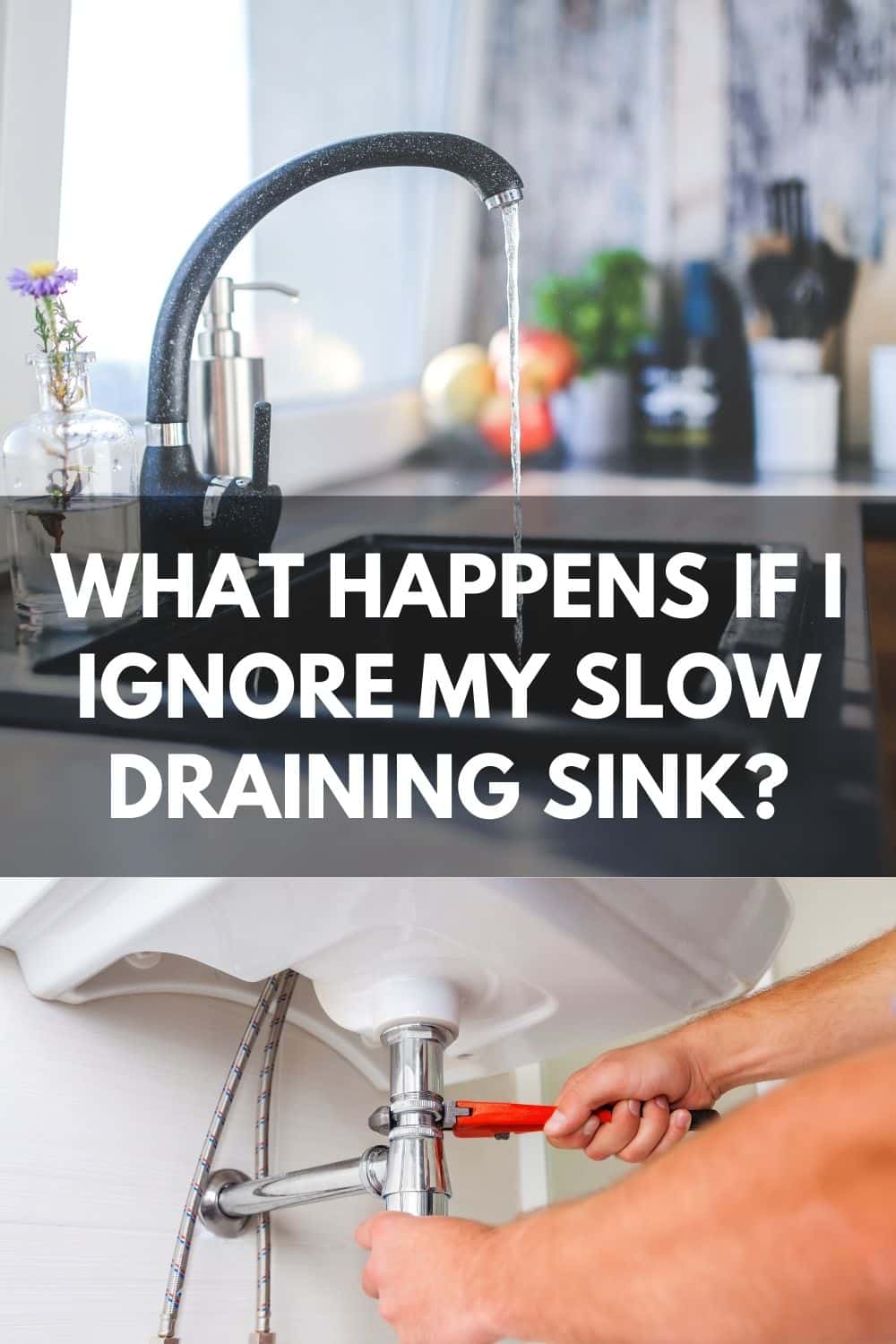



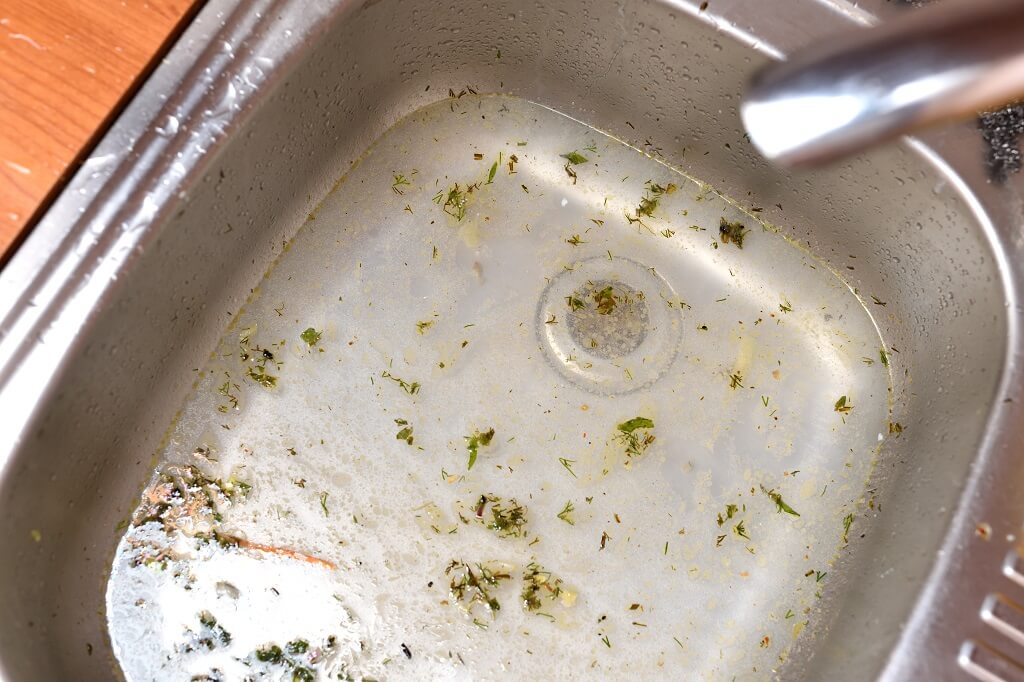







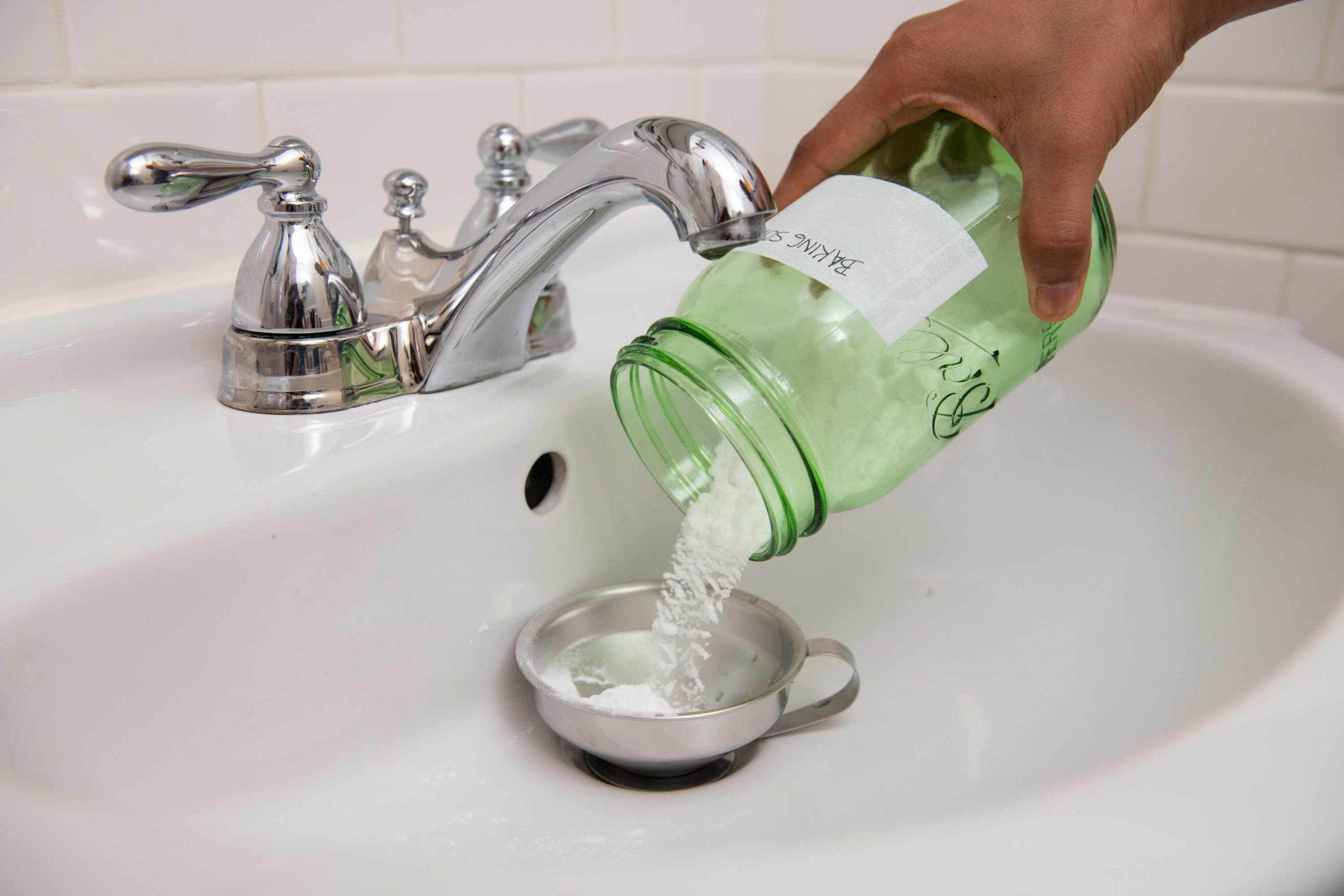


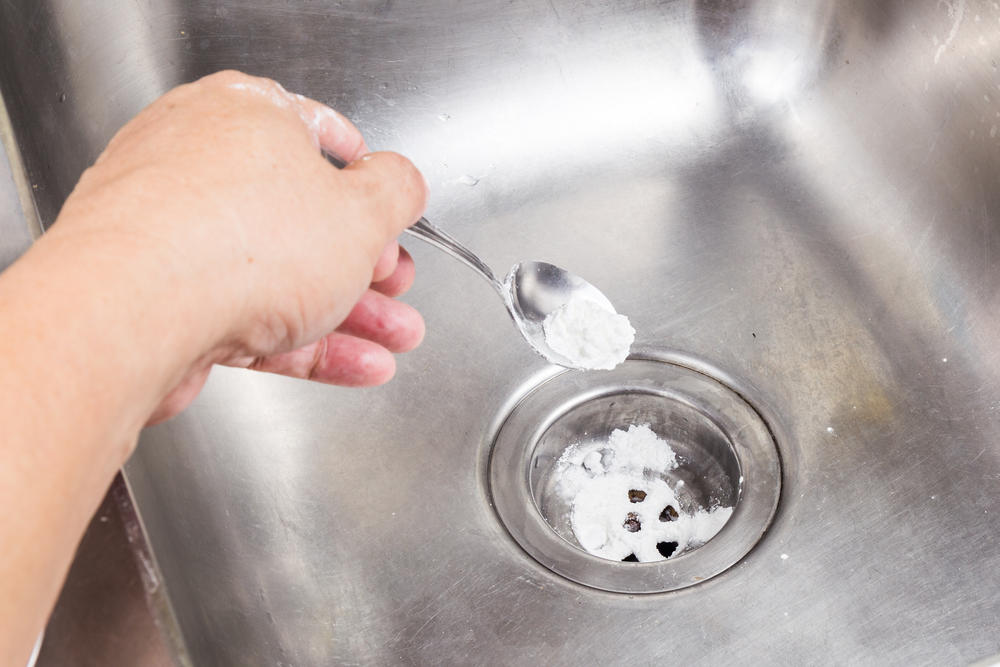
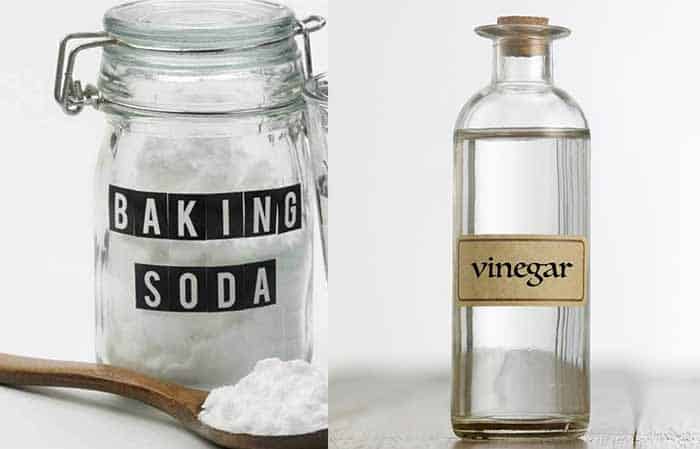




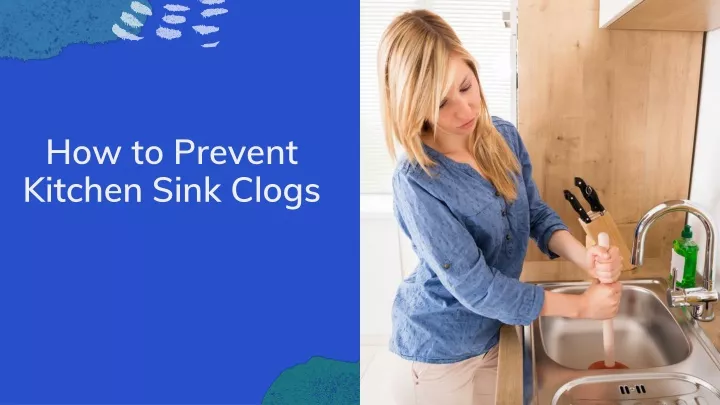
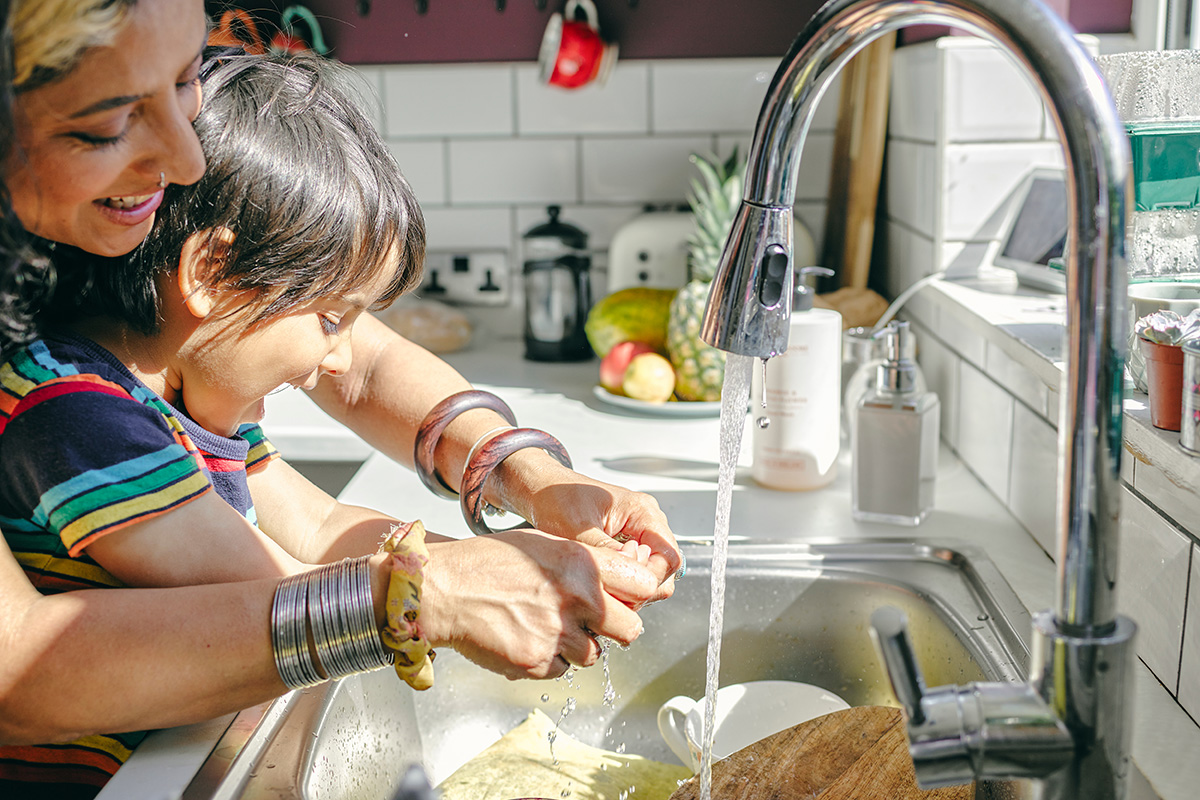
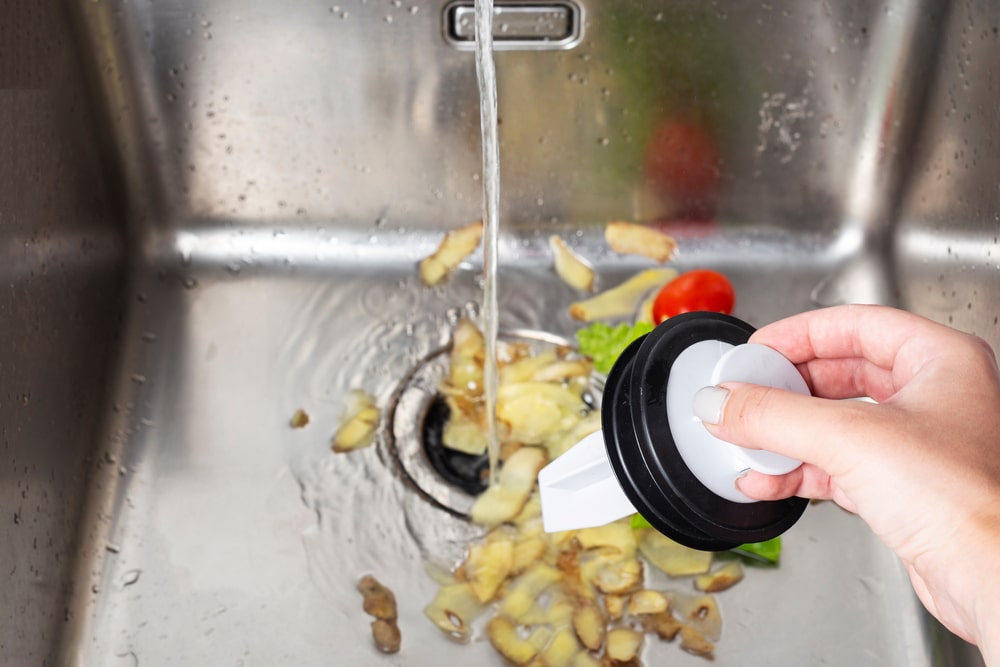



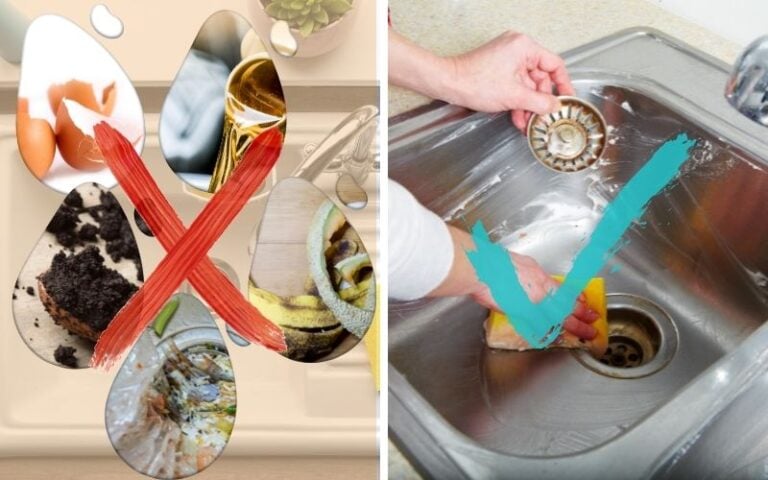
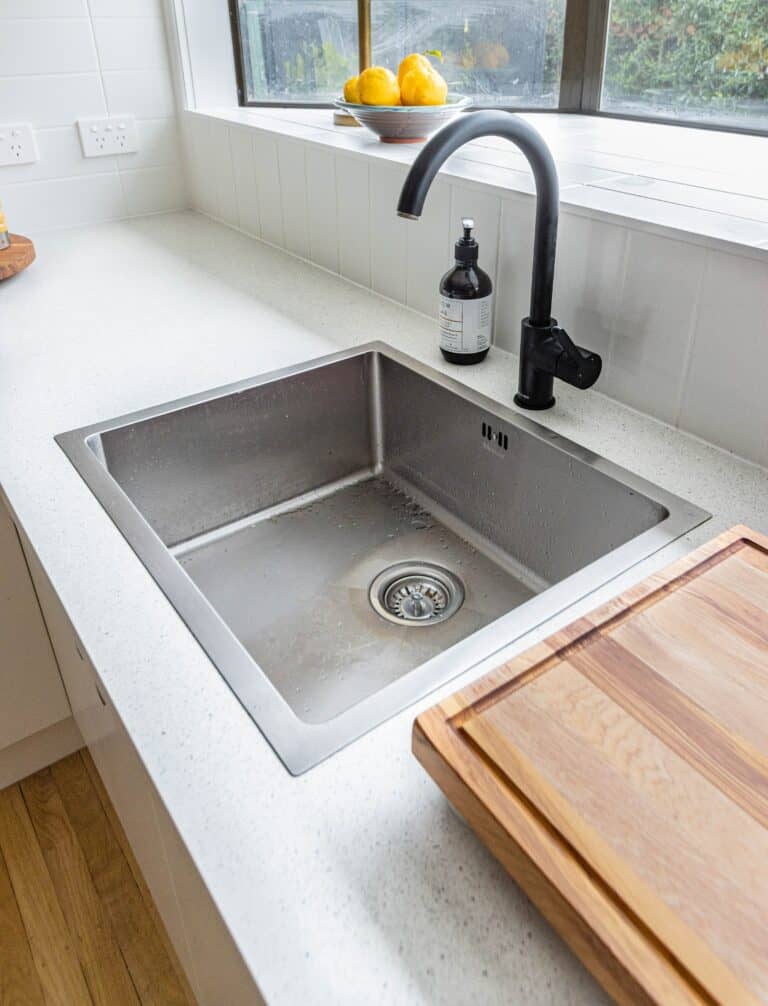




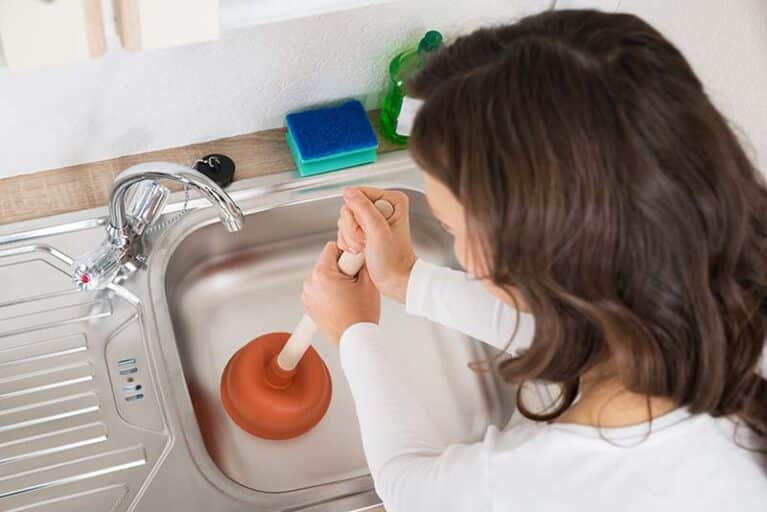

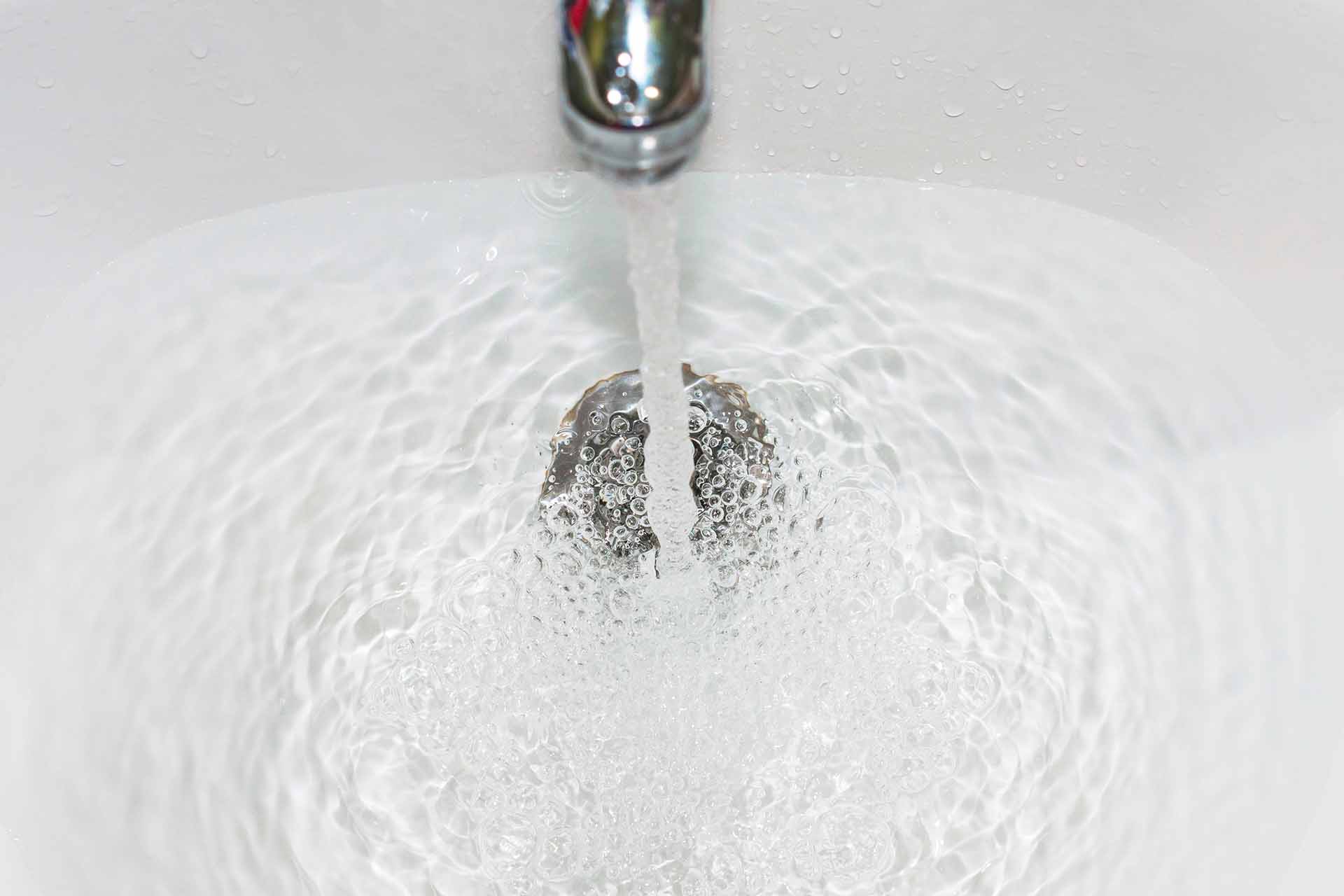

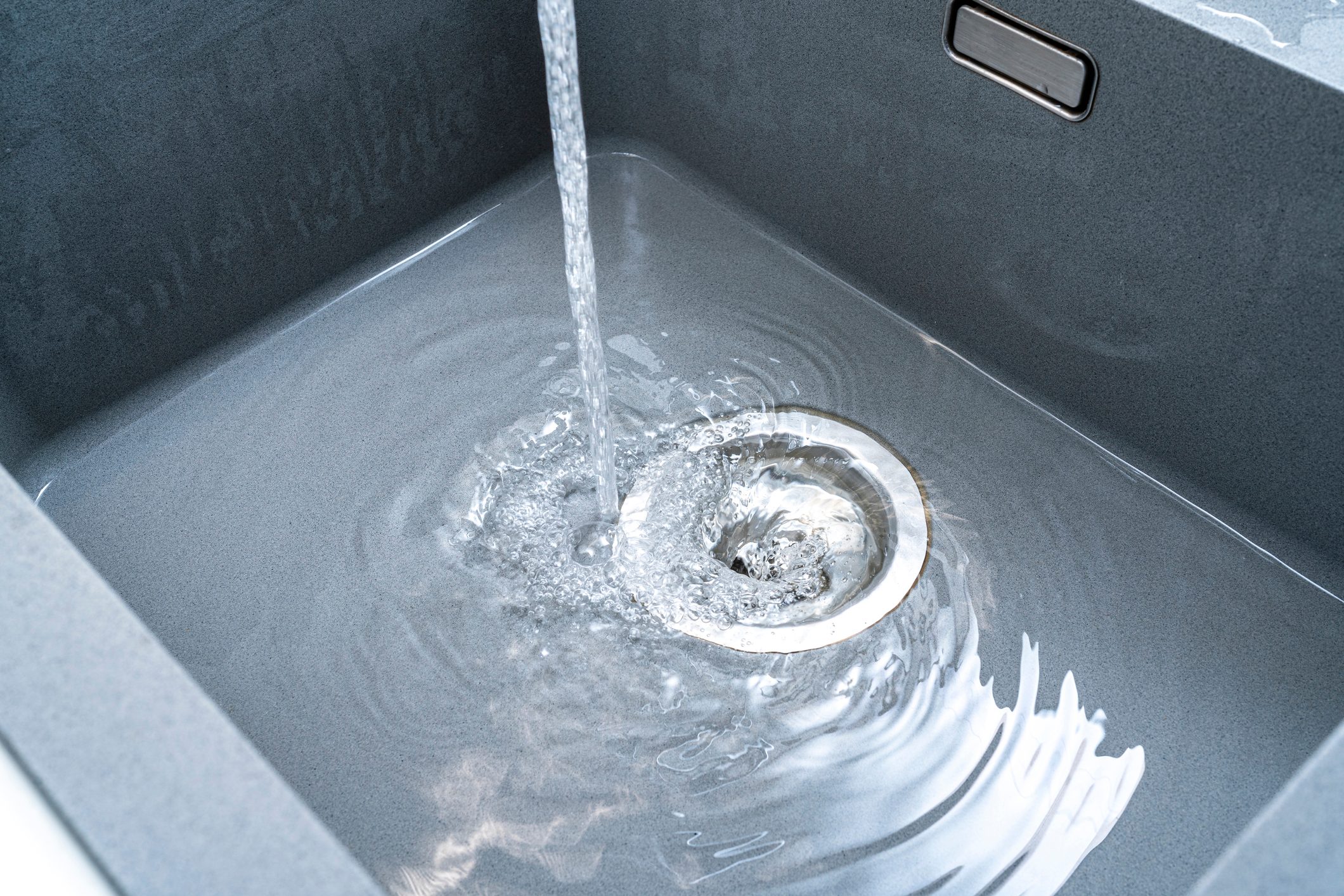

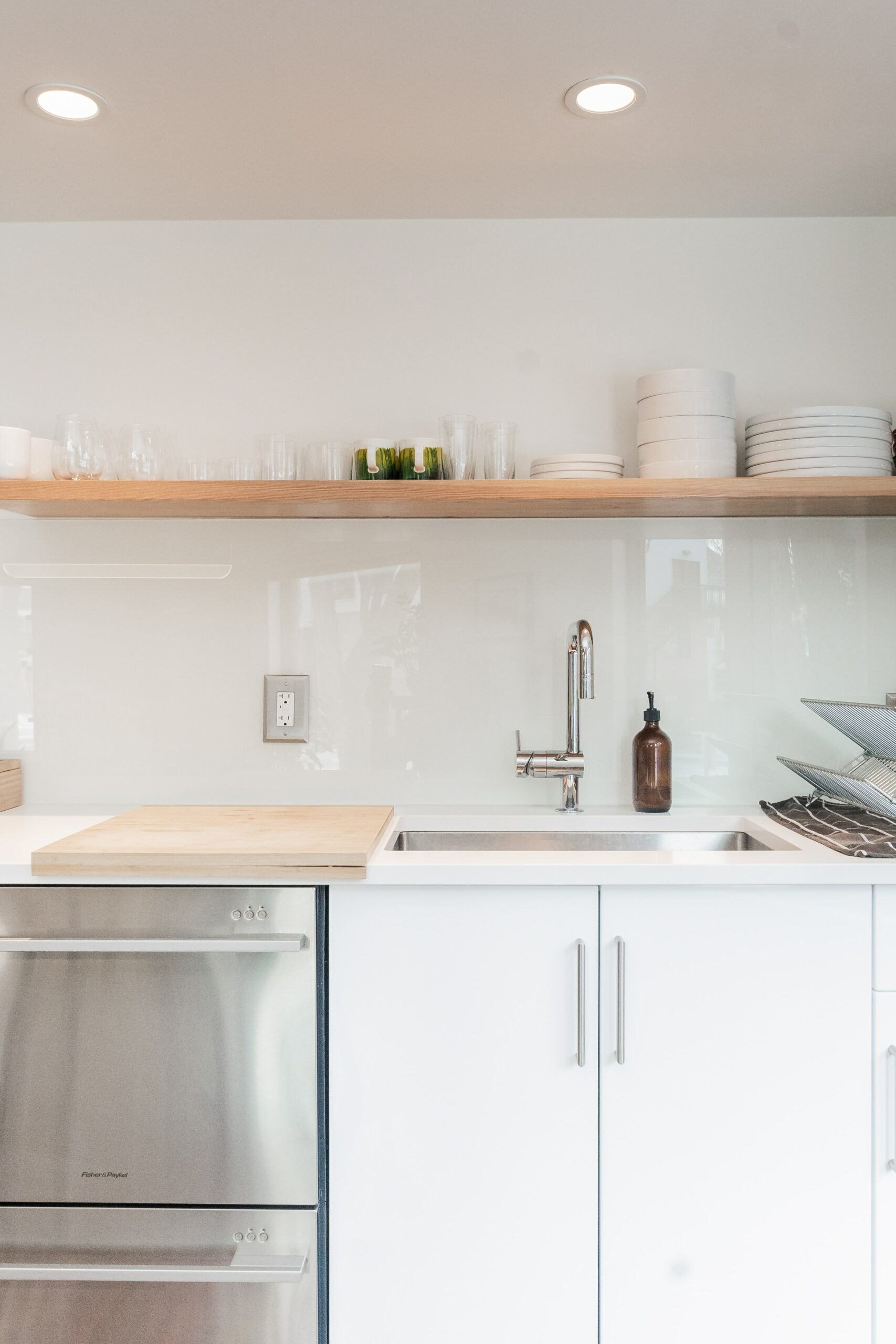



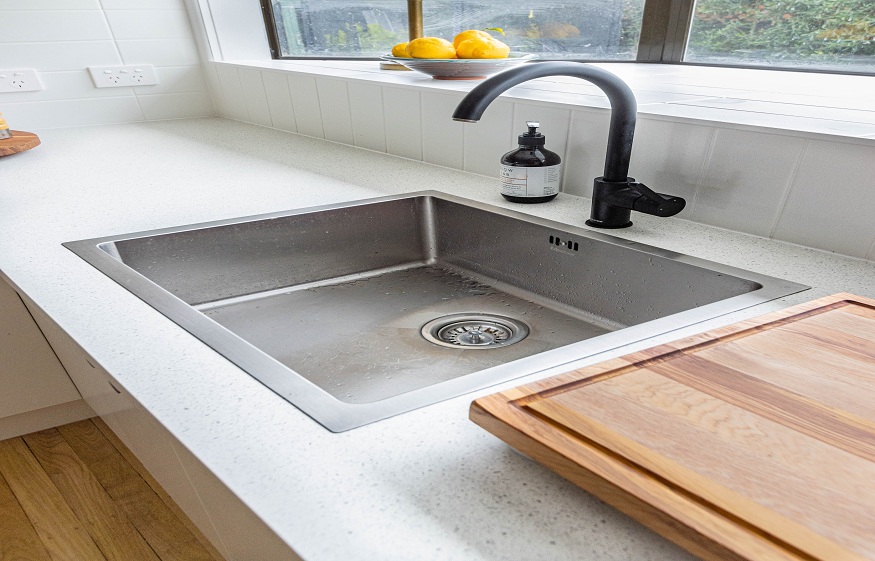
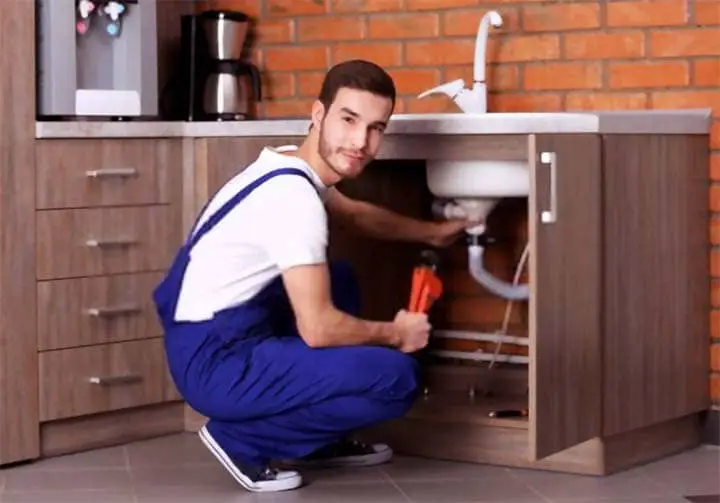

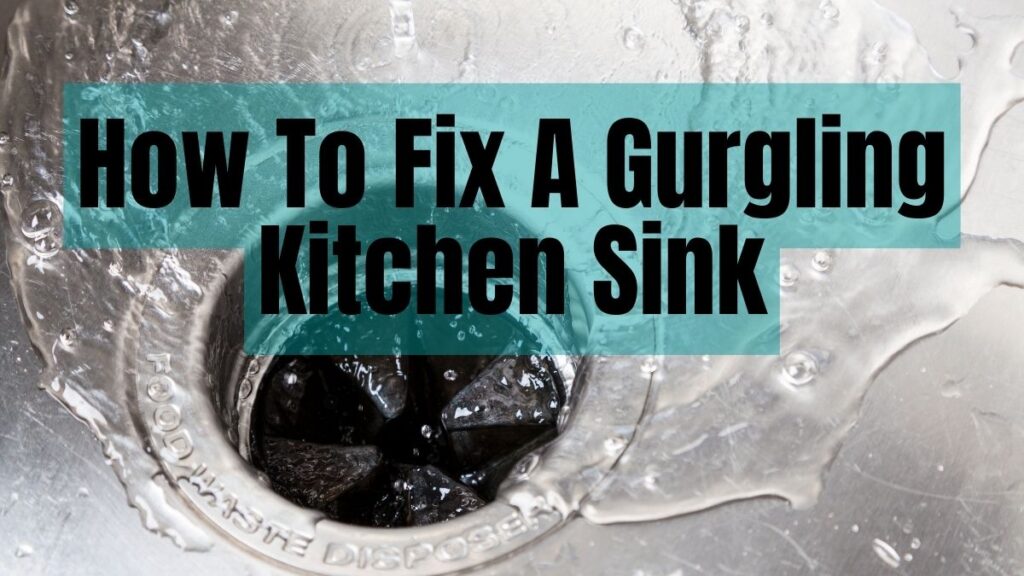
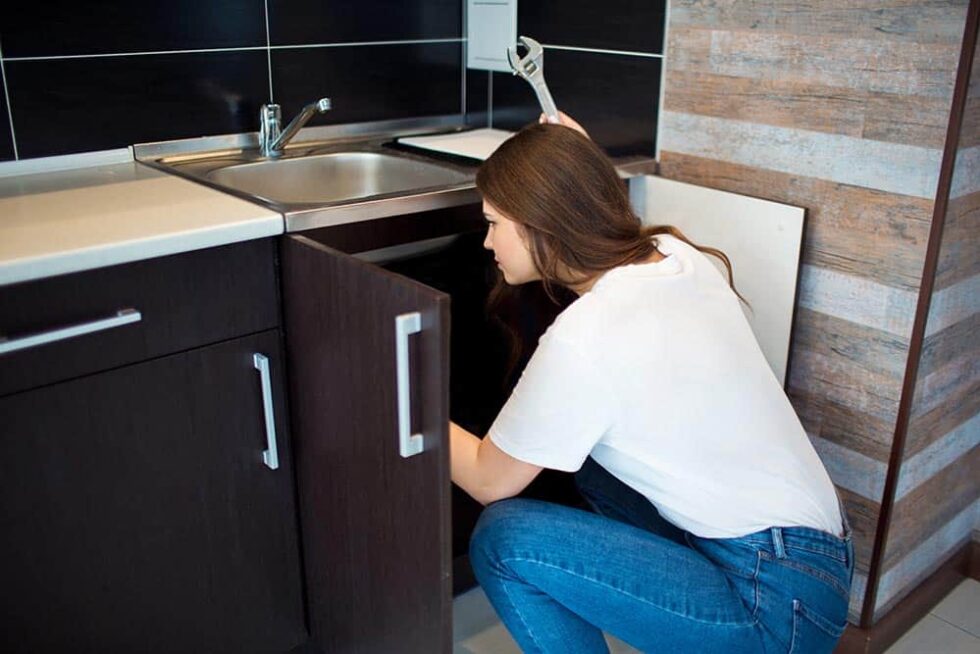




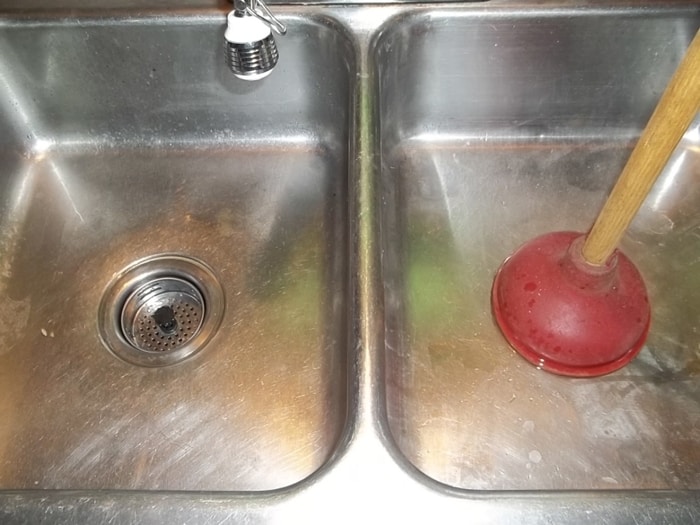

/woman-wearing-yellow-washing-up-gloves-to-unblock-sink-using-plunger-close-up-131987463-5887cfc03df78c2ccd92ec9e.jpg)
